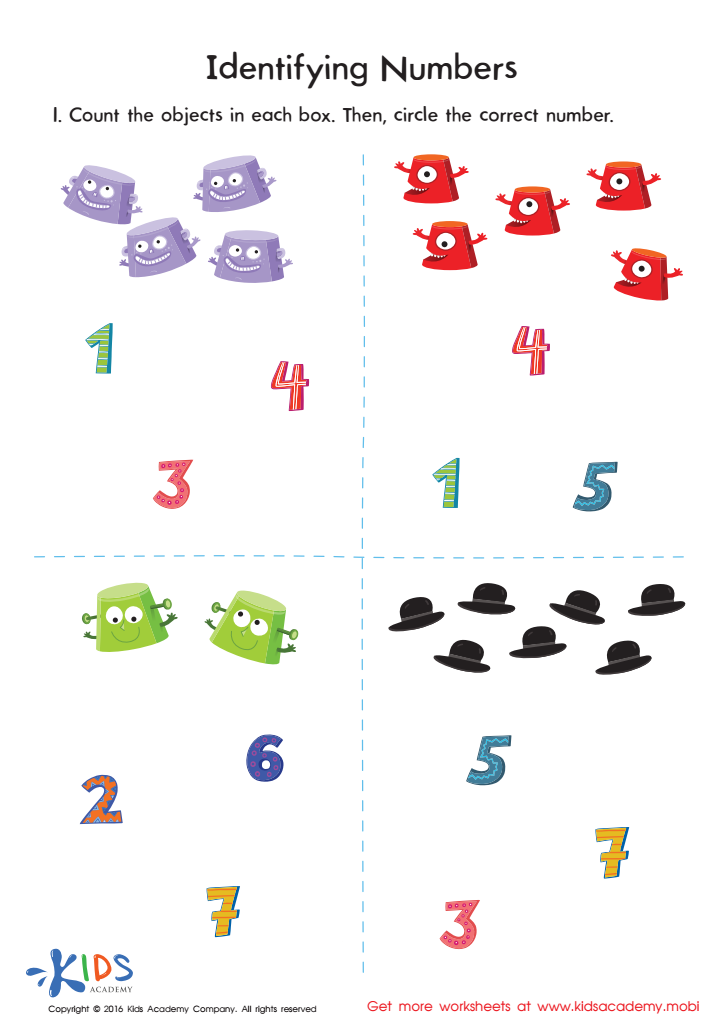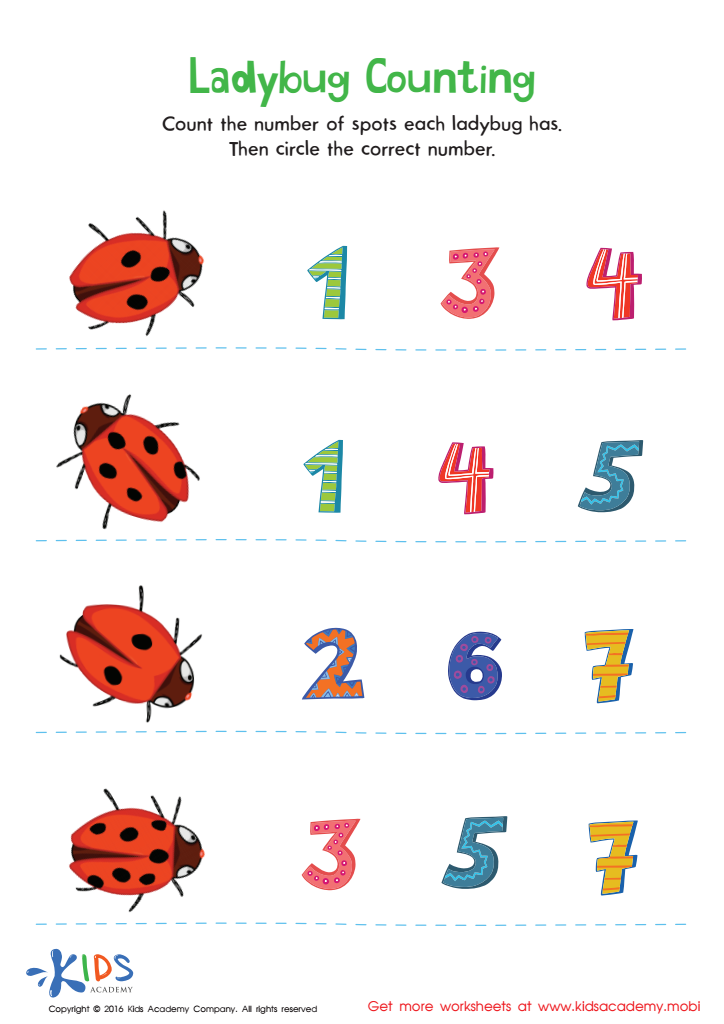Extra Challenge Matching Worksheets for Ages 6-9
24 filtered results
-
From - To
Engage your child’s intellect with our Extra Challenge Matching Worksheets for Ages 6-9! Specifically crafted to boost critical thinking and problem-solving skills, these worksheets are perfect for children eager for a challenge. From matching numbers to complex patterns, each activity encourages logical reasoning and concentration. Our worksheets align with educational standards and are designed by experienced educators to ensure a balanced approach to learning. Ideal for both classroom and home use, they make learning fun and interactive. Help your child excel in math by integrating these engaging and challenging worksheets into their daily routine. Download now and watch them thrive!
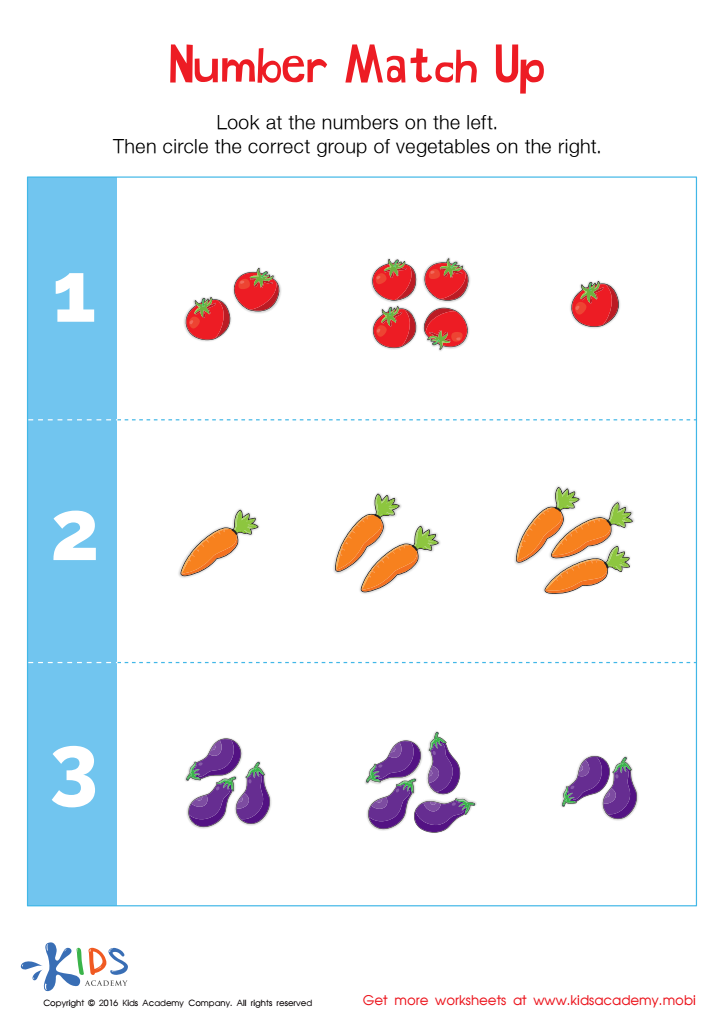

Number Match Up Worksheet
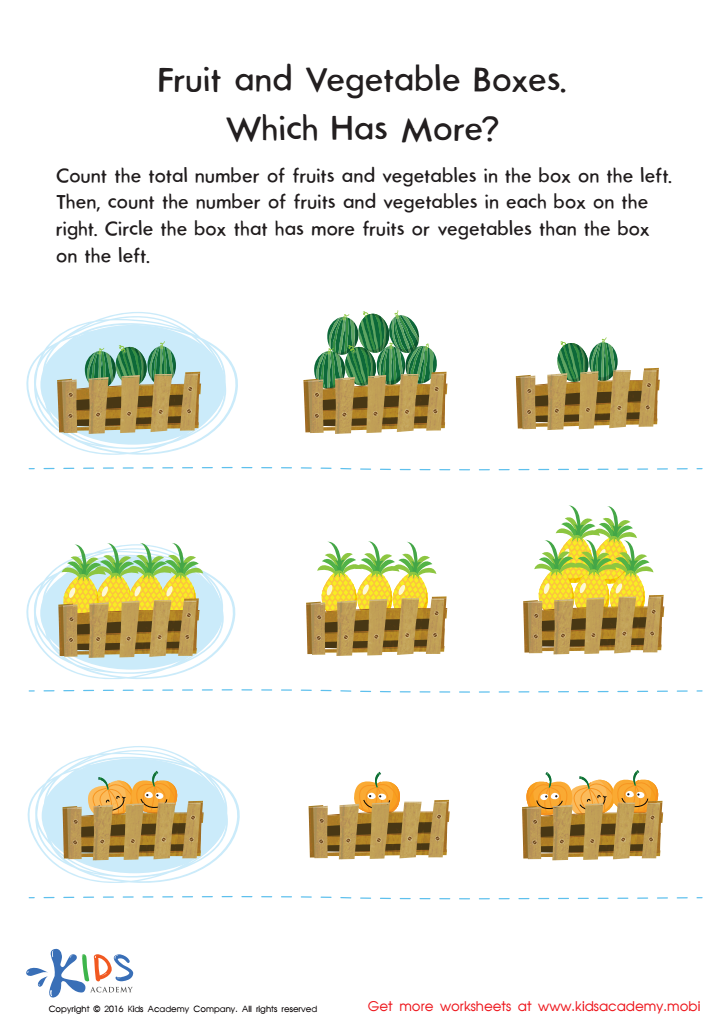

Which Has More? Size Worksheet
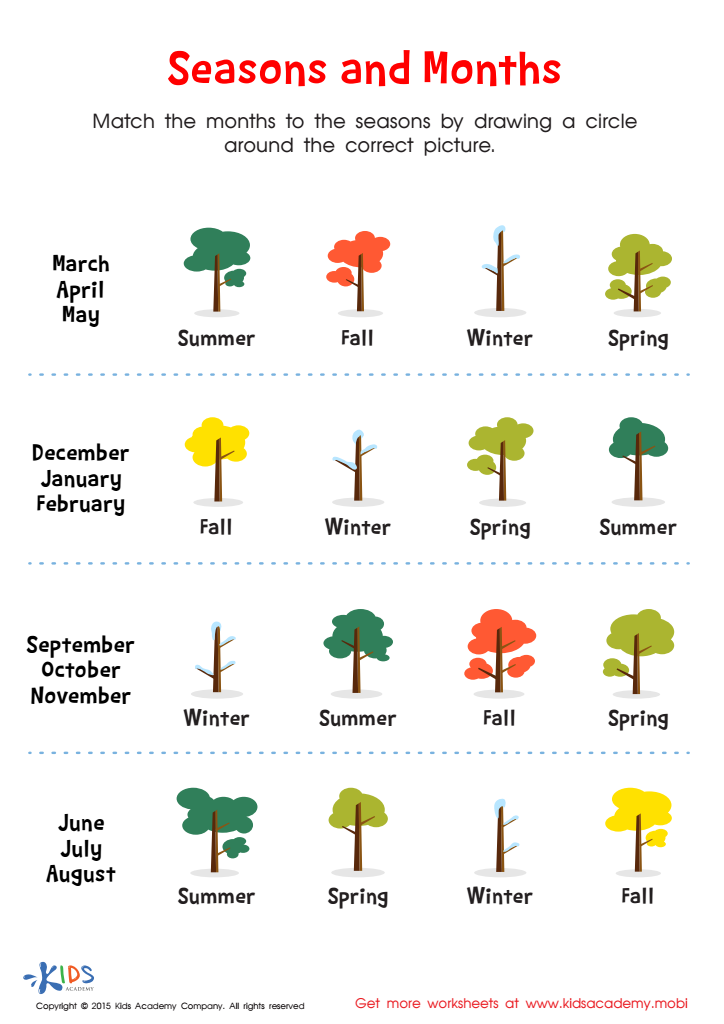

Seasons and Months Worksheet
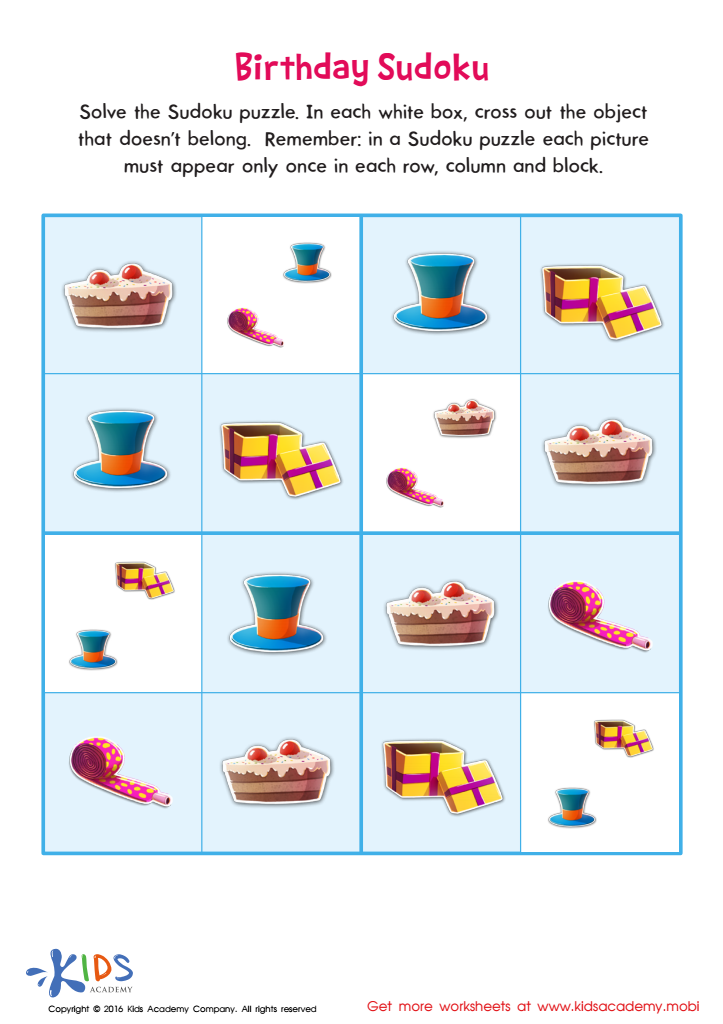

Birthday Sudoku Sorting Worksheet
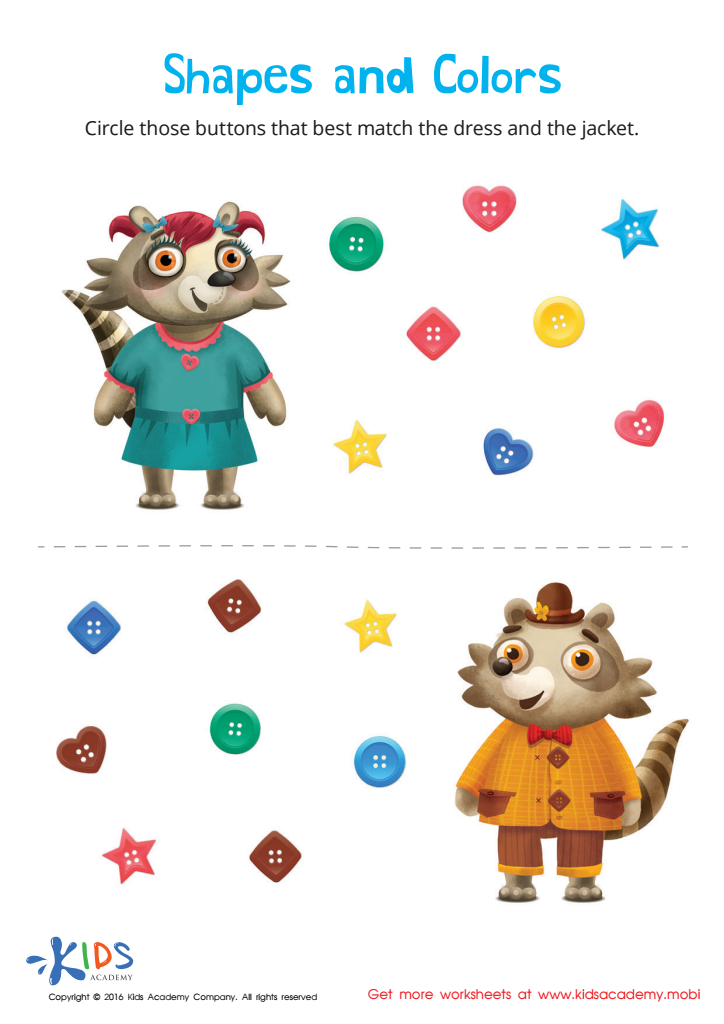

Matching: Shapes and Colors Worksheet
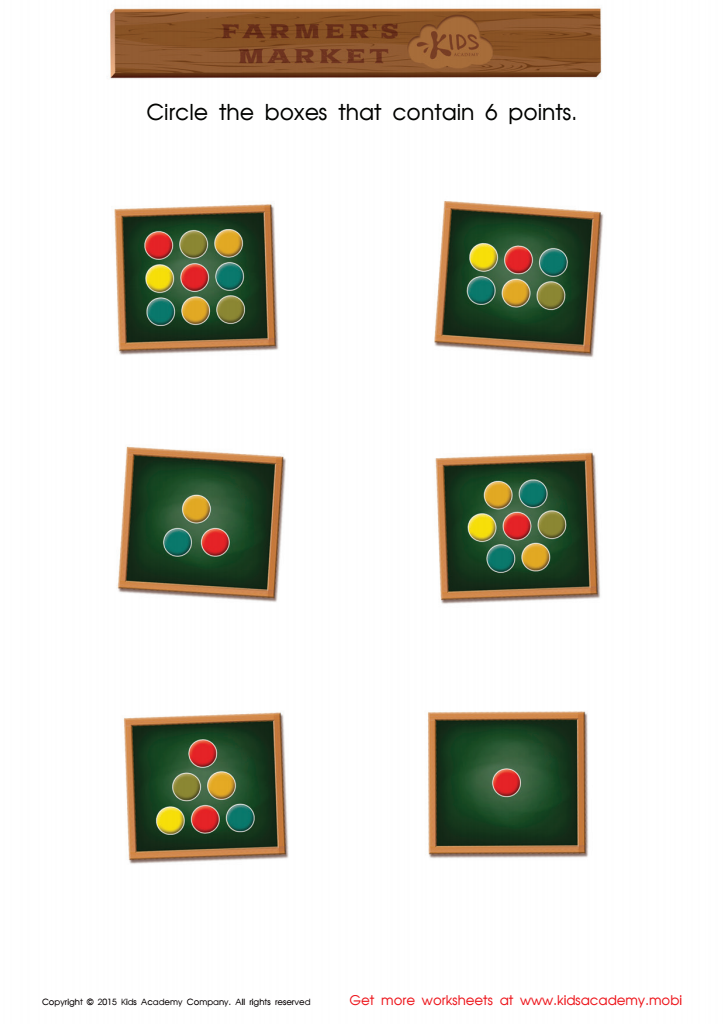

Count and Match Points 6 Math Worksheet
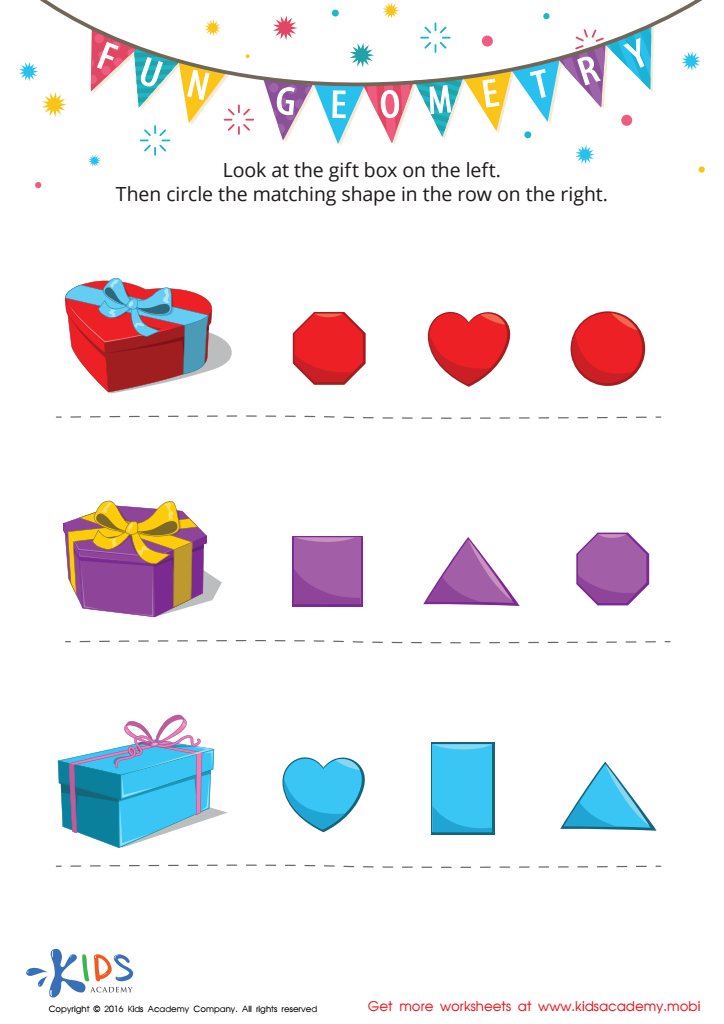

Fun Geometry Worksheet
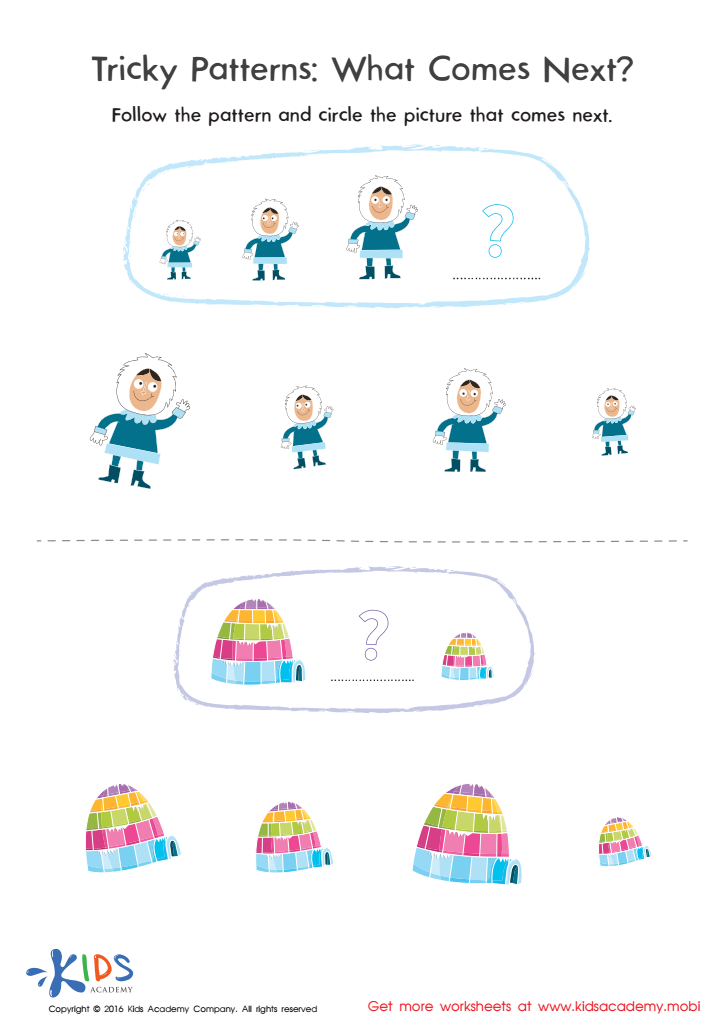

Tricky Patterns Size Worksheet


Fairy Tale Worksheet: Count and Classify with Rapunzel
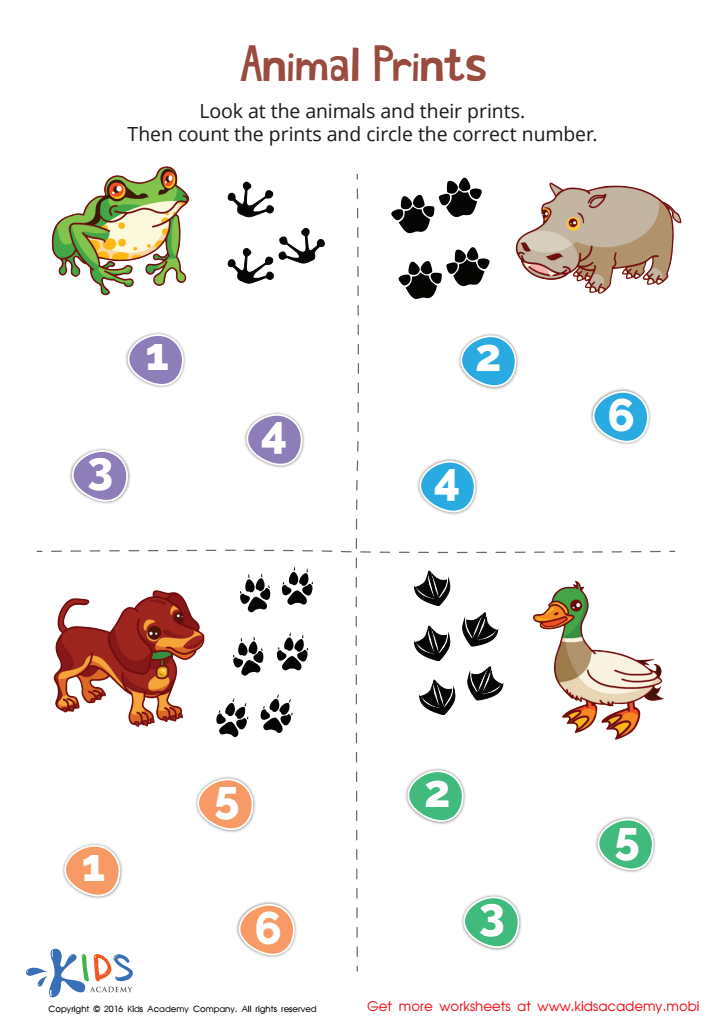

Animal Prints Match-Up Worksheet
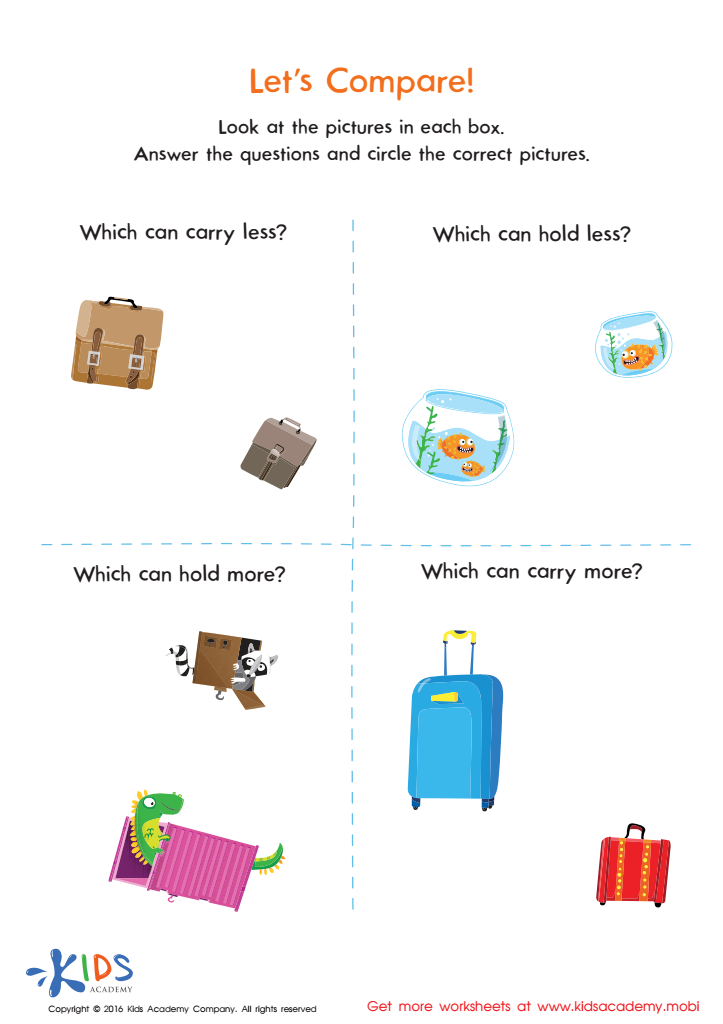

Let's Compare Worksheet: Big or Small
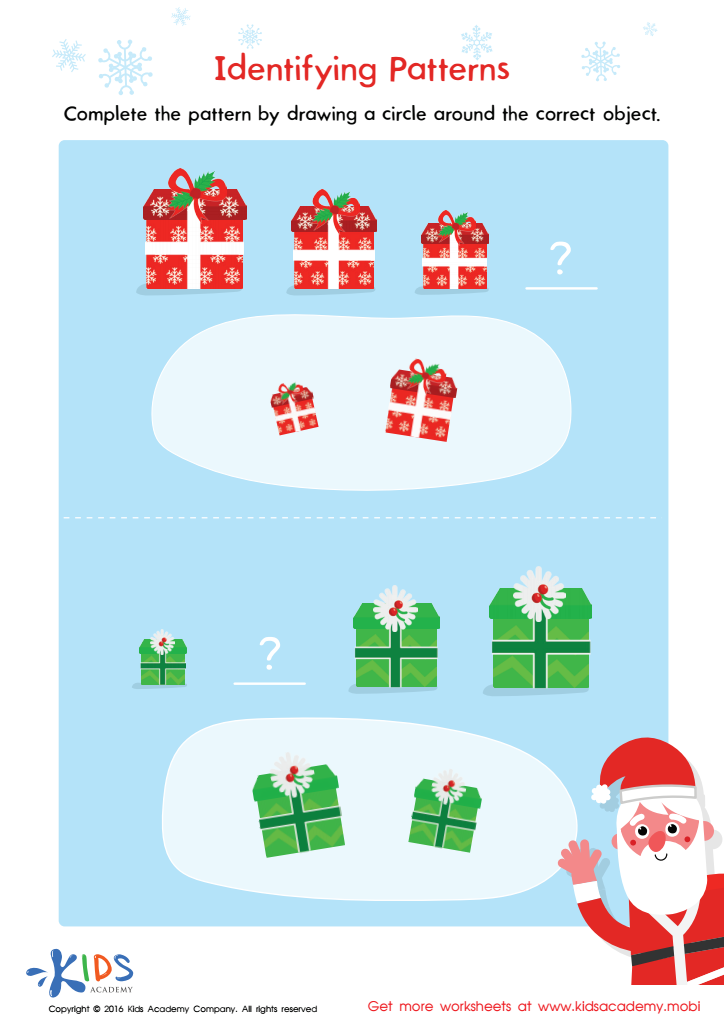

Identifying Patterns Worksheet
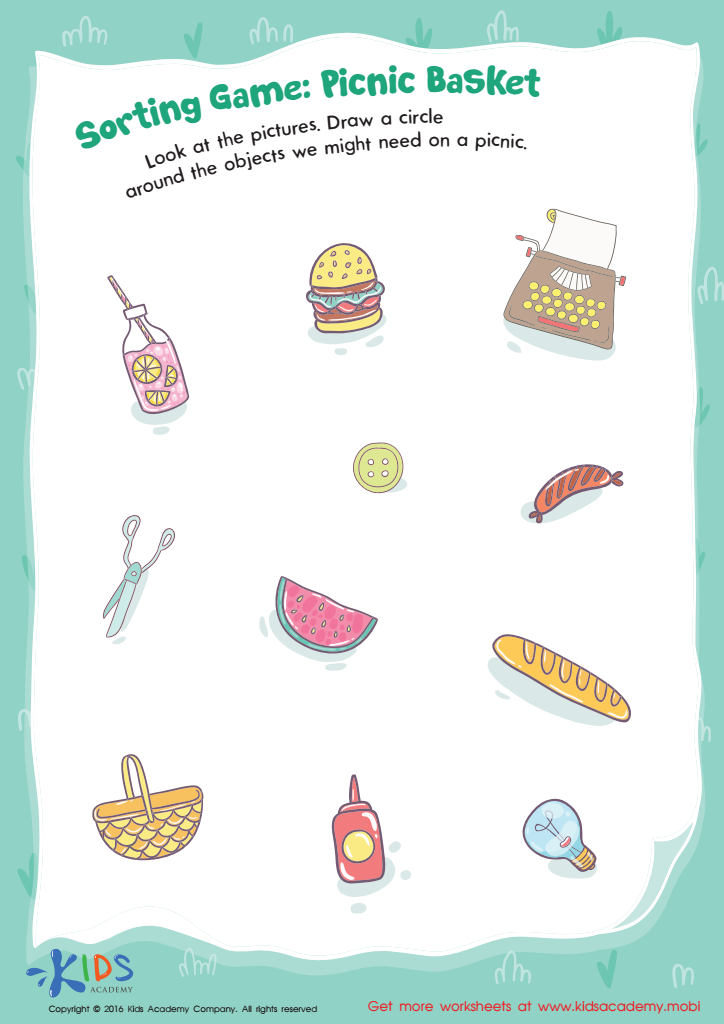

Picnic Basket Sorting Worksheet
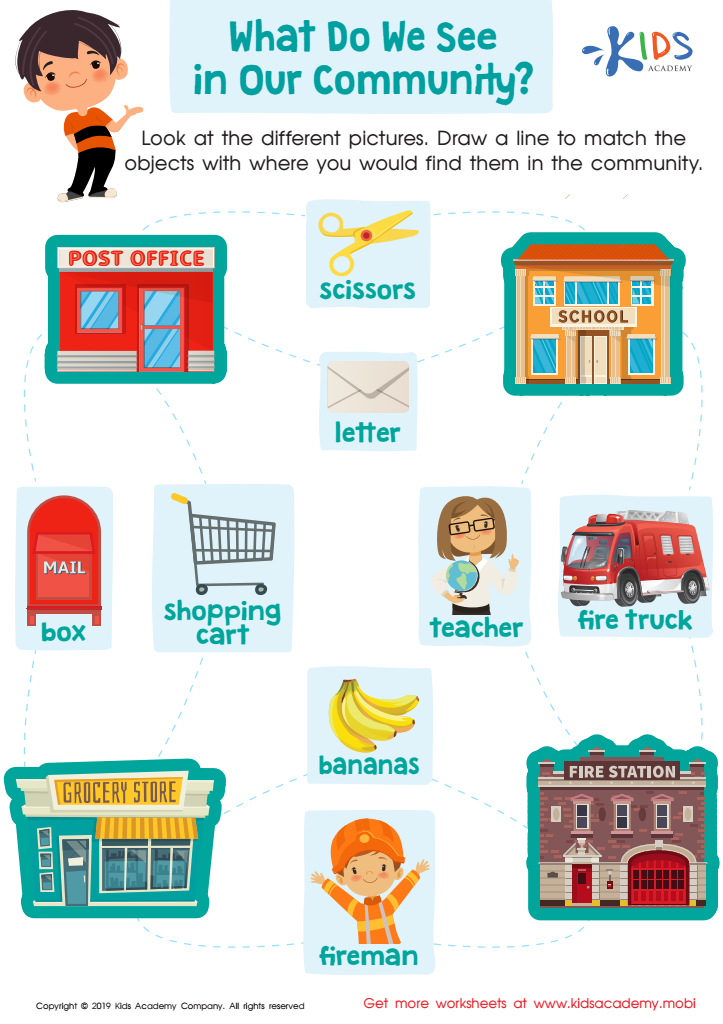

What Do We See in our Community? Worksheet
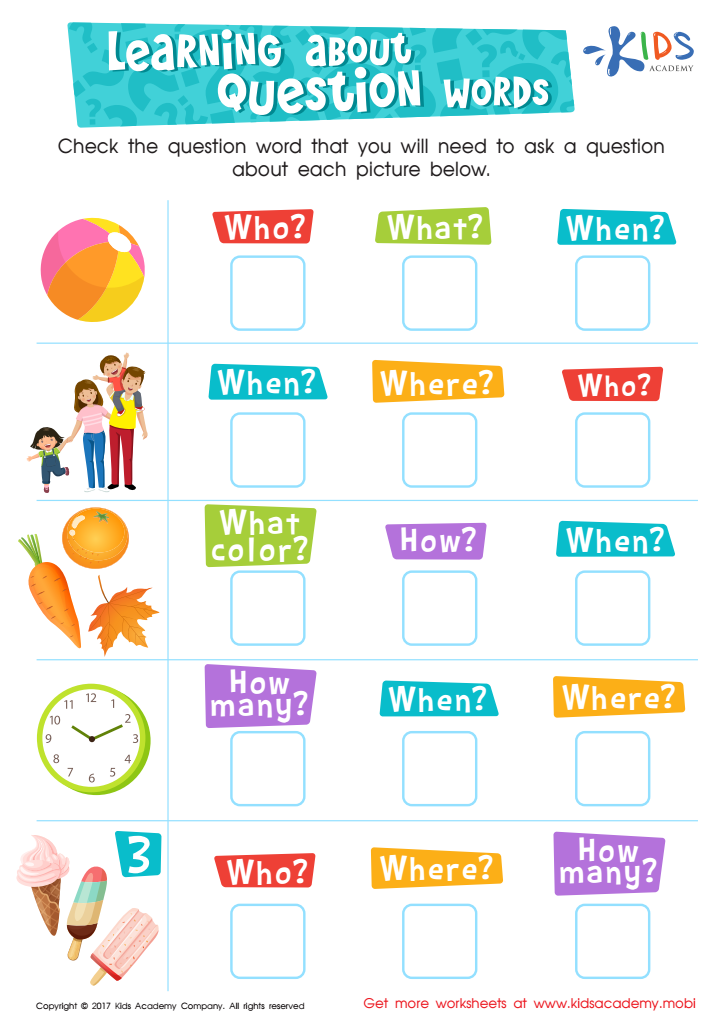

Learning about Question Words Worksheet
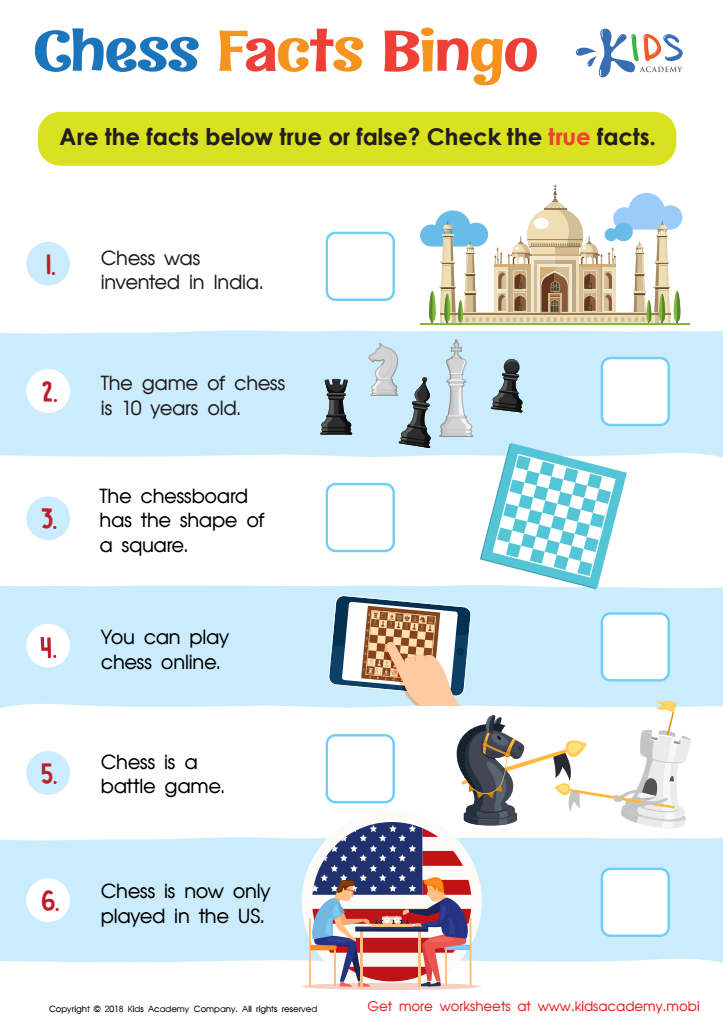

Chess Facts Bingo Worksheet
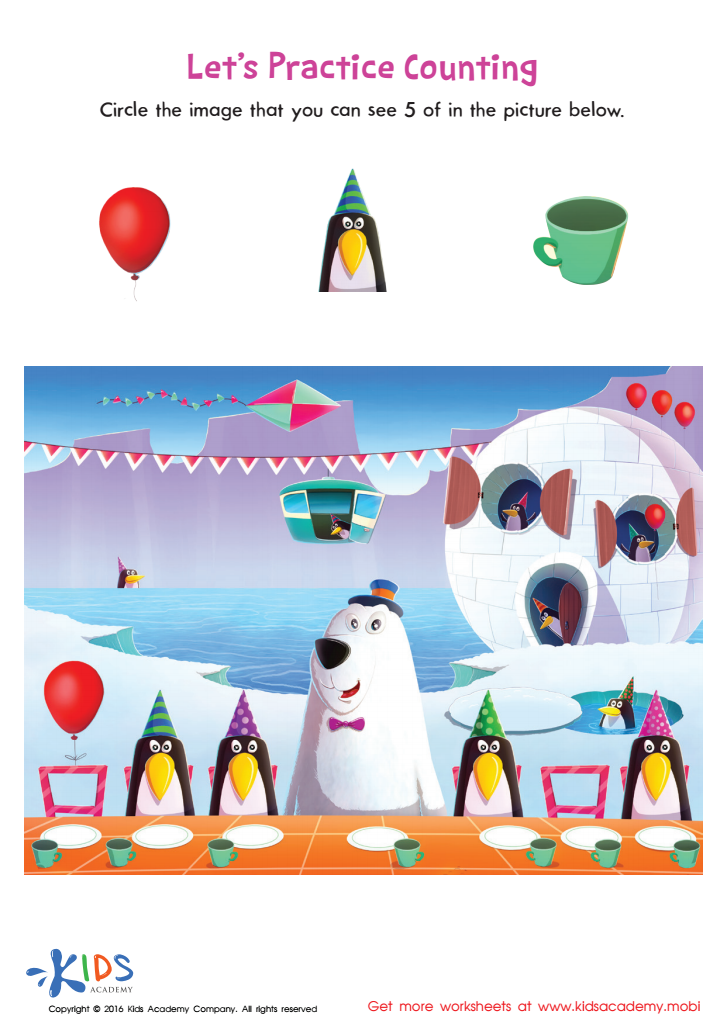

Counting Worksheet: Let's Practice Counting
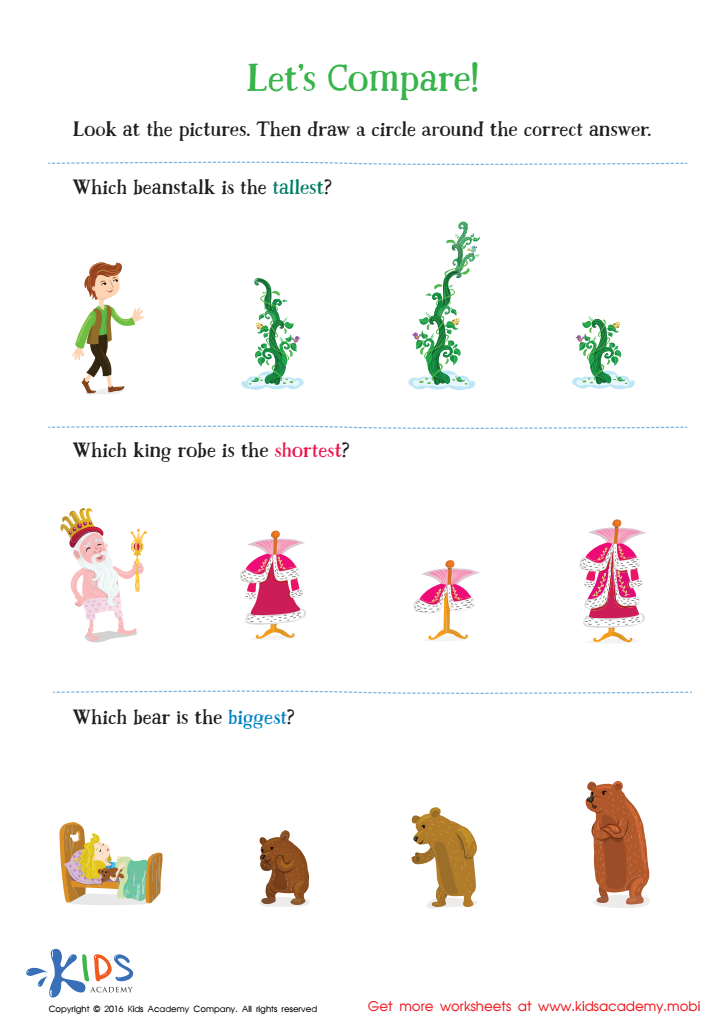

Fairy Tale Worksheet: Let's Compare
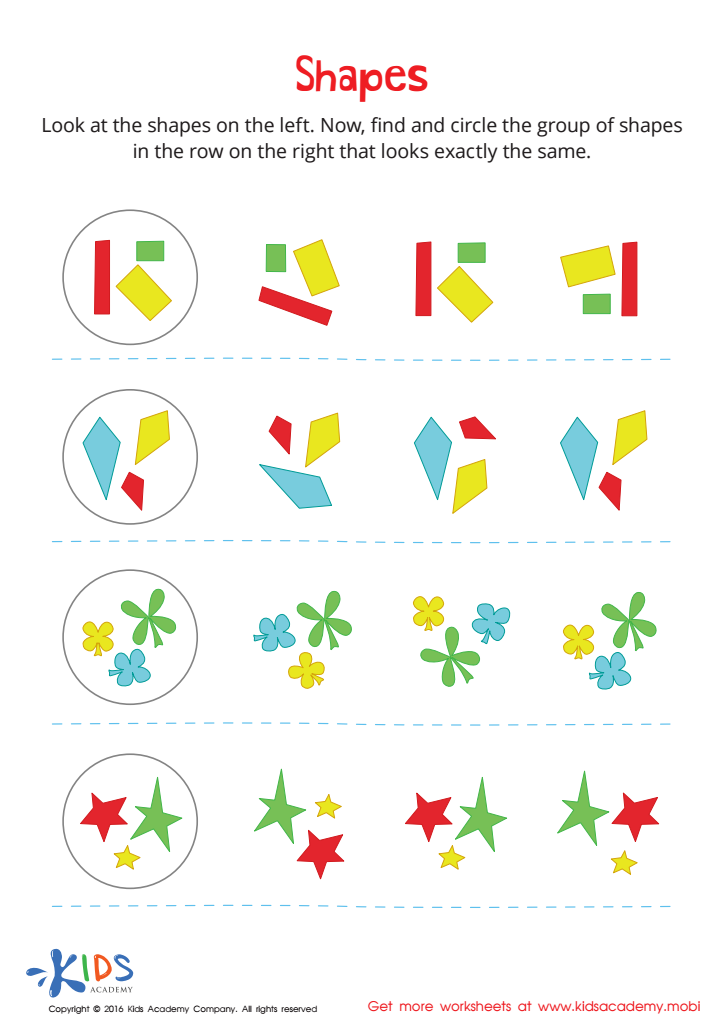

Shapes Worksheet
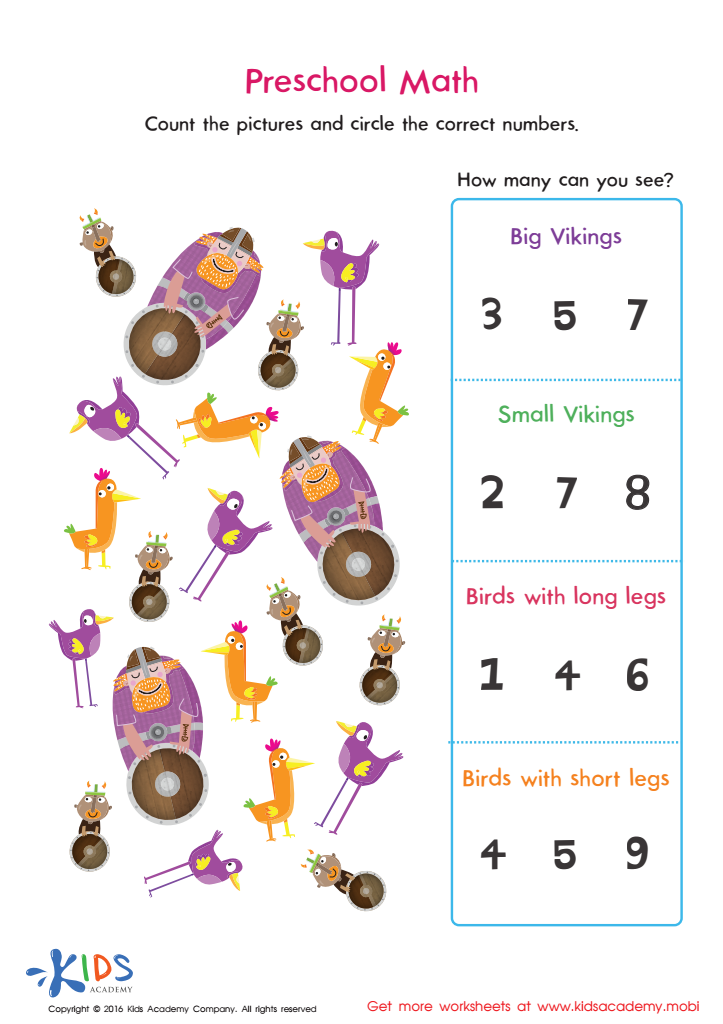

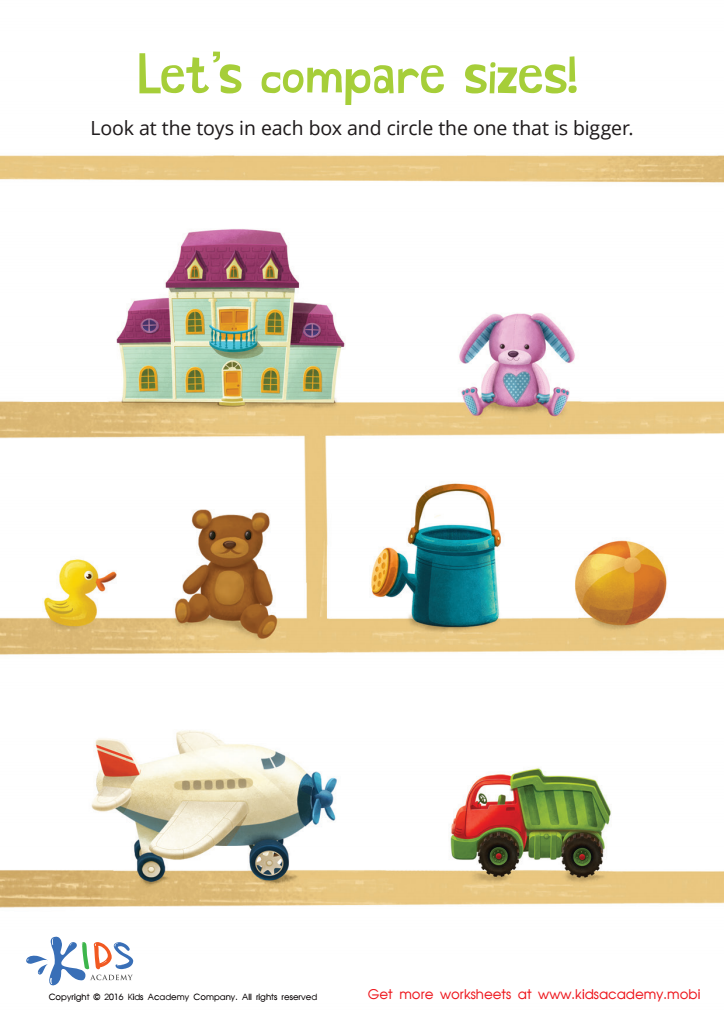

Classifying by Size Sorting Worksheet
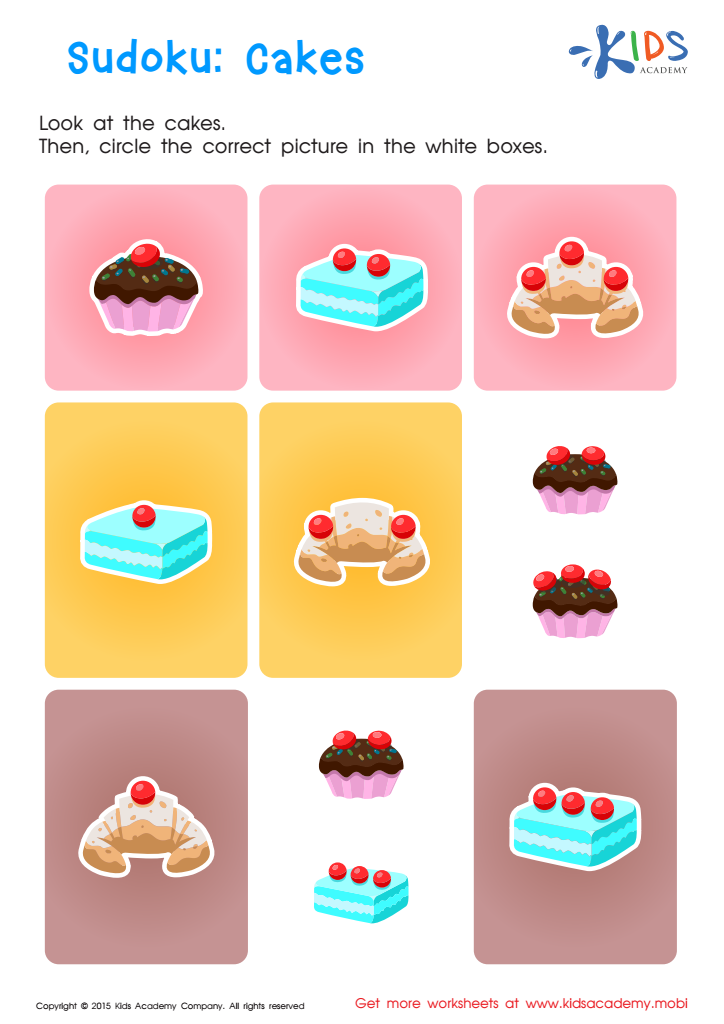

Sudoku Worksheet
Extra Challenge Matching for children aged 6-9 is an essential educational activity that both parents and teachers should prioritize due to its myriad benefits. These matching games, which often involve pairing pictures, words, or patterns, significantly enhance cognitive development in young learners. They encourage critical thinking and problem-solving skills, as children must discern relationships and sequences, thereby sharpening their memory and attention to detail.
Moreover, matching activities support foundational academic skills. For instance, practicing to match shapes and colors can lead to better mathematical understanding, while matching words or images can improve vocabulary and reading readiness. Social and emotional development also benefits, as these exercises can foster patience, perseverance, and a sense of achievement, all integral for future academic and personal success.
Engaging children in Extra Challenge Matching allows for differentiated learning, catering to different paces and styles. Parents and teachers can assess each child's strengths and areas needing improvement in a fun, stress-free environment.
Lastly, participating in these activities establishes a positive learning atmosphere. They can be turned into family games or classroom challenges to make learning enjoyable and interactive, fostering a positive attitude toward education and promoting lifelong learning habits. In essence, these activities are more than just games; they are vital tools for holistic development.

 Assign to My Students
Assign to My Students

